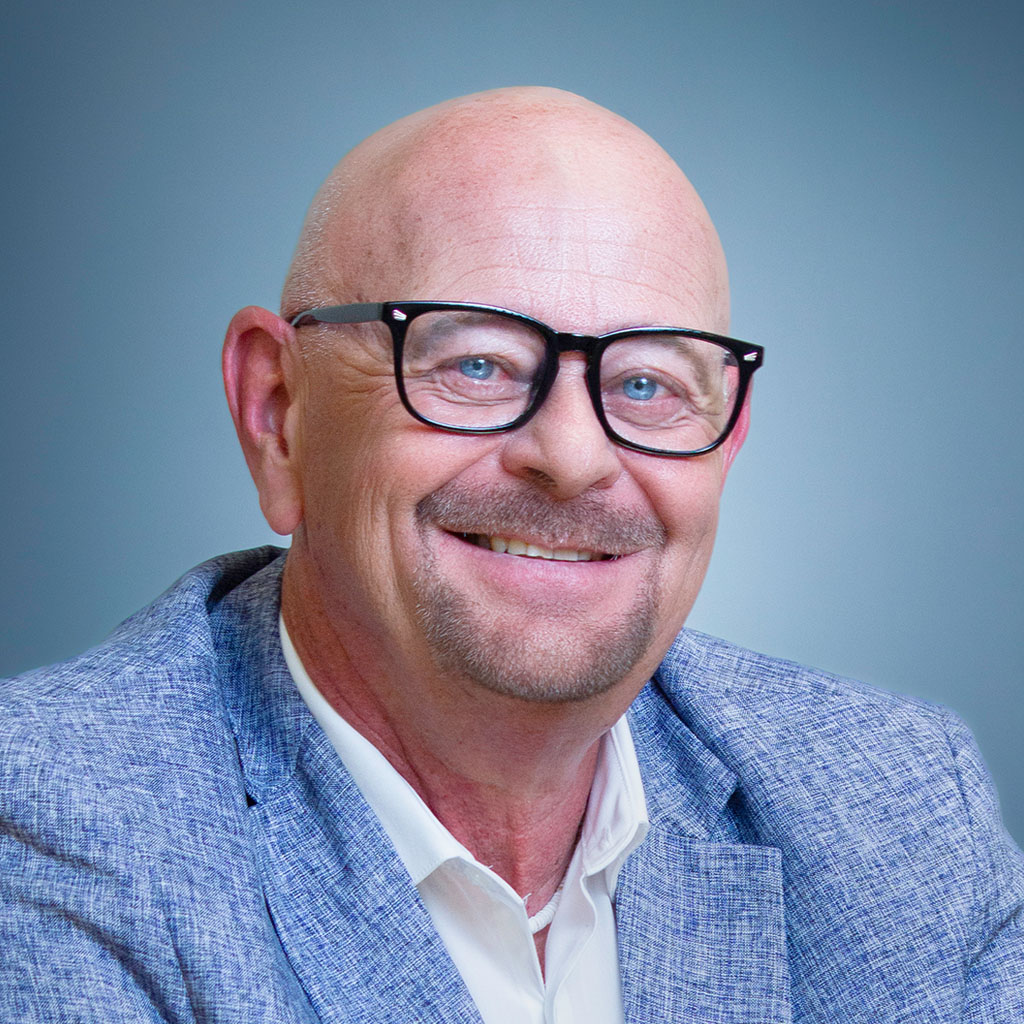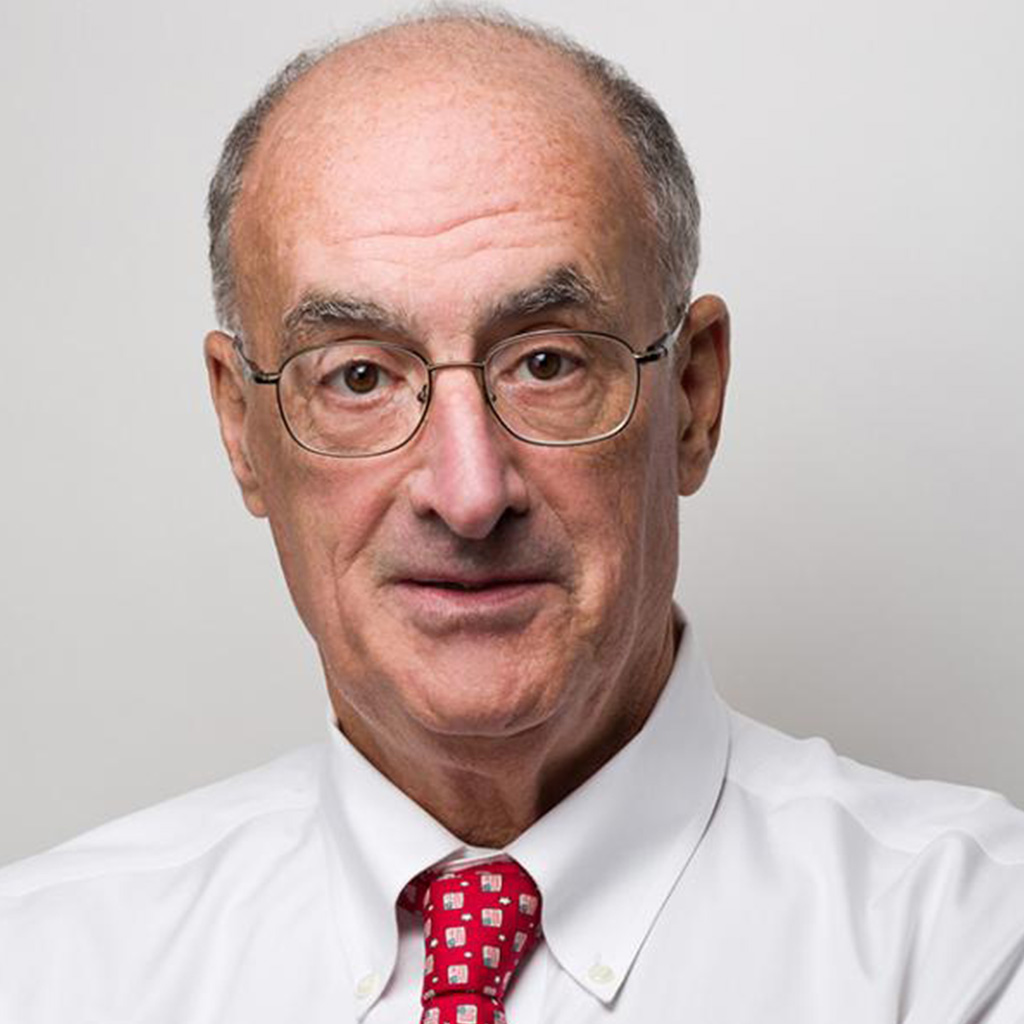Centro de Excelencia de Emprendimiento Social y Consciente







Expertise
Gene-diet interactions
Inflammation
Cardiometabolic diseases
Racial/ethnic health disparities
Metabolomics and lipidomics
Dr. Floyd “Ski” Chilton is a professor in the School of Nutritional Sciences and Wellness and Director of the Center for Precision Nutrition and Wellness at the University of Arizona. He is an innovator in a wide range of areas including an academic professor (+170 scientific publications), an entrepreneur (five companies and one non-profit organization), and an inventor (+10 patents). He is also a bestselling author of six lay books on physical and mental health.
His research focuses on three main areas: 1) precision nutrition with an emphasis on disease prevention; 2) the role of genetic diversity and gene-diet interactions in driving human diseases that lead to racial/ethnic health disparities; and 3) the use of the combination of genomics, metabolomics, and lipidomics to determine: a disease’s status, identify biomarkers and molecular networks of human health and disease, and to discern underlying molecular networks that drive human disease and health disparities. Dr. Chilton has had funding for over 40 years from the National Institutes of Health in the U.S.
He is a member of the American Society for Biochemistry and Molecular Biology, the American Society for Nutrition, and the Collegium Internationale Allergologicum. He also sits on the executive boards that help guide non-profit associations like Heroes Helping Heroes, The Persecution Project, and the World Shoe Fund.
He has received numerous prestigious awards including the Alumni Award for Academic and Professional Achievement from Western Carolina University, and the Established Investigator Award from Wake Forest School of Medicine. Recently, the University of Arizona honored him with both the Outstanding Research Impact Award and the Inventor of the Year Award. He is also a member of the National Academy of Inventors.
Floyd "Ski" Chilton joined Tecnológico de Monterrey as Distinguished Visiting Professor in Functional Genomics for the School of Medicine and Health Sciences.

Expertise
Interacciones gen-dieta
Inflamación
Enfermedades cardiometabólicas
Disparidades de salud raciales/étnicas
Metabolómica y lipidómica
Dr. Floyd “Ski” Chilton is a professor in the School of Nutritional Sciences and Wellness and Director of the Center for Precision Nutrition and Wellness at the University of Arizona. He is an innovator in a wide range of areas including an academic professor (+170 scientific publications), an entrepreneur (five companies and one non-profit organization), and an inventor (+10 patents). He is also a bestselling author of six lay books on physical and mental health.
His research focuses on three main areas: 1) precision nutrition with an emphasis on disease prevention; 2) the role of genetic diversity and gene-diet interactions in driving human diseases that lead to racial/ethnic health disparities; and 3) the use of the combination of genomics, metabolomics, and lipidomics to determine: a disease’s status, identify biomarkers and molecular networks of human health and disease, and to discern underlying molecular networks that drive human disease and health disparities. Dr. Chilton has had funding for over 40 years from the National Institutes of Health in the U.S.
He is a member of the American Society for Biochemistry and Molecular Biology, the American Society for Nutrition, and the Collegium Internationale Allergologicum. He also sits on the executive boards that help guide non-profit associations like Heroes Helping Heroes, The Persecution Project, and the World Shoe Fund.
He has received numerous prestigious awards including the Alumni Award for Academic and Professional Achievement from Western Carolina University, and the Established Investigator Award from Wake Forest School of Medicine. Recently, the University of Arizona honored him with both the Outstanding Research Impact Award and the Inventor of the Year Award. He is also a member of the National Academy of Inventors.
Floyd "Ski" Chilton joined Tecnológico de Monterrey as Distinguished Visiting Professor in Functional Genomics for the School of Medicine and Health Sciences.

Expertise
Communications industry
High technology entrepreneurship and new ventures
Internet industry
Venture capital
Professor Howard Anderson is senior lecturer at the Tuck School of Business at Dartmouth and the School of Engineering at Brown University in the United States.
Previously, he was senior lecturer at Fuqua School, in North Carolina, William Porter Distinguished Senior Lecturer at the MIT Sloan School of Management, and senior lecturer at Harvard Business School.
With years of experience in high technology entrepreneurship and venture capital, Howard Anderson’s work has focused on funding and investing in innovative companies in growing markets in the area of technology.
He is also a distinguished thought leader in the communications industry and his research has focused on topics such as managing adversity and high-tech entrepreneurship.
His industry leadership experience ranges from being the founder and president of the Yankee Group (1970-1999), a company that specialized in analyzing the high-tech industry, which was featured in the Inc. 500. He was also a co-founder and general partner of Battery Ventures (1983-1999).
Howard Anderson was a part of Tecnológico de Monterrey as Distinguished Visiting Professor in Entrepreneurship for the Business School and EGADE Business School.

Expertise
Industria de las comunicaciones
Emprendimiento en alta tecnología y nuevas empresas
Industria de Internet
Capital riesgo e inversiones
Professor Howard Anderson is senior lecturer at the Tuck School of Business at Dartmouth and the School of Engineering at Brown University in the United States.
Previously, he was senior lecturer at Fuqua School, in North Carolina, William Porter Distinguished Senior Lecturer at the MIT Sloan School of Management, and senior lecturer at Harvard Business School.
With years of experience in high technology entrepreneurship and venture capital, Howard Anderson’s work has focused on funding and investing in innovative companies in growing markets in the area of technology.
He is also a distinguished thought leader in the communications industry and his research has focused on topics such as managing adversity and high-tech entrepreneurship.
His industry leadership experience ranges from being the founder and president of the Yankee Group (1970-1999), a company that specialized in analyzing the high-tech industry, which was featured in the Inc. 500. He was also a co-founder and general partner of Battery Ventures (1983-1999).
Howard Anderson was a part of Tecnológico de Monterrey as Distinguished Visiting Professor in Entrepreneurship for the Business School and EGADE Business School.
Coming soon!
Opening: August 2025
New Residences in Puebla
Residences´ capacity up to 250 people. Will have modern facilities, games room, common recreation areas, individual study rooms, laundry, covered terrace and barbecue area.
There will be a distribution of 25 rooms per each one of the 5 floors. All of the levels will have common access to kitchen and a covered terrace and each room will include a private bathroom.
** Images are simply representations. They do not represent the exact offer of residences. All images and designs are protected by intellectual property laws. All content, images, projections, graphics, designs, logos, brands and any other objects included in this space are property of the Instituto Tecnológico de Monterrey.